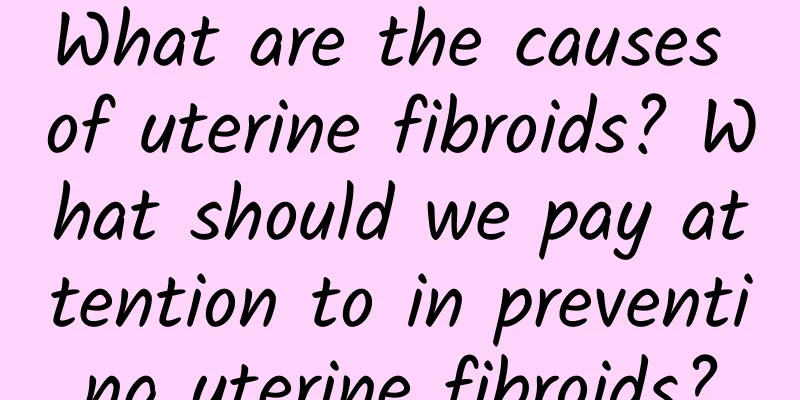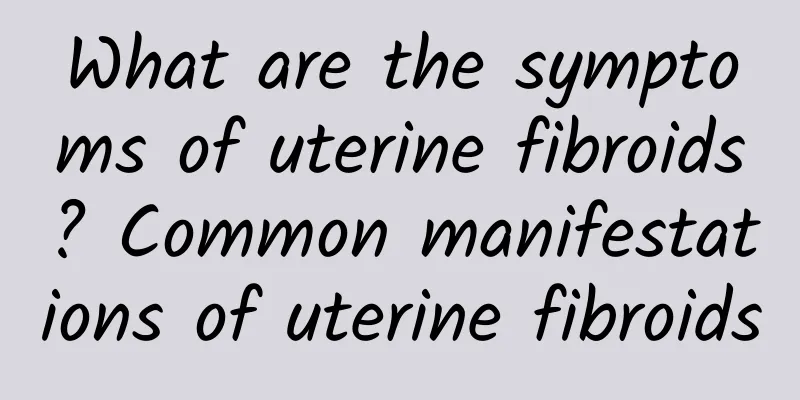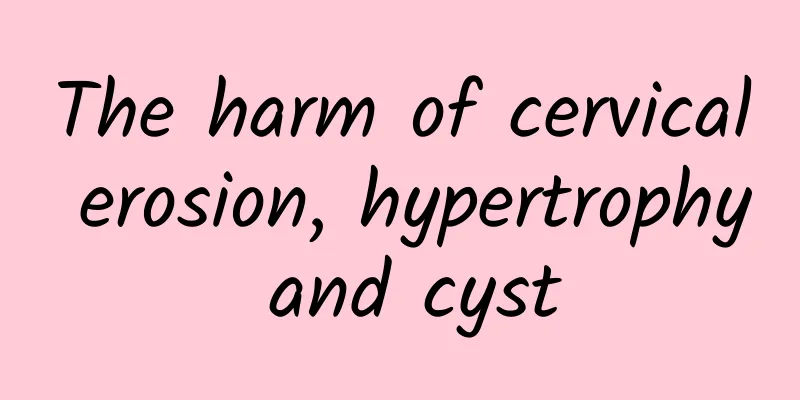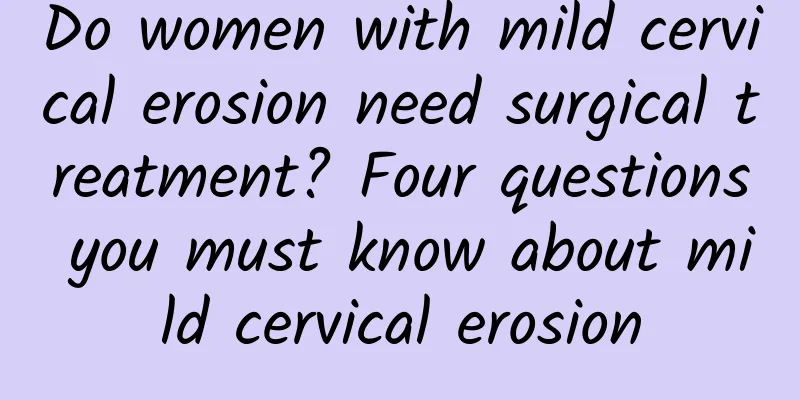What can't you eat if you have adenomyosis?

|
Patients with adenomyosis need to avoid high-fat, high-sugar, spicy and irritating foods and processed foods, which may aggravate the body's inflammatory response or affect hormone levels, thereby aggravating the condition. Dietary adjustments can help patients better manage symptoms, and professional treatment will have better results. 1. Avoid high-fat foods A high-fat diet increases estrogen levels in the body, and adenomyosis is closely related to excessive estrogen in the body. Fatty red meat, cream, and fried foods can easily lead to hormone imbalance and may also trigger inflammatory responses in the body, thereby aggravating symptoms such as dysmenorrhea. It is recommended to choose low-fat or lean meat protein sources, such as chicken, fish, etc. 2. Reduce intake of high-sugar foods A high-sugar diet can interfere with insulin levels in the body and indirectly affect estrogen metabolism, which may aggravate the symptoms of adenomyosis. Cakes, beverages, and other refined sugar foods can affect blood sugar stability and may also lead to increased levels of inflammatory factors. It is recommended to replace refined sugar with natural sweeteners such as honey, and consume more fresh fruits to meet the need for sweets. 3. Eat less spicy and irritating food Excessive consumption of spicy foods such as chili peppers and garlic may cause pelvic congestion, aggravating dysmenorrhea and discomfort. Alcohol should also be avoided as it stimulates the endocrine system and may further worsen adenomyosis. You can use light cooking methods instead of spicy foods, such as steaming, boiling, and stir-frying. 4. Avoid overly processed foods High-salt, processed foods such as pickled foods and fast food contain a lot of preservatives and chemicals, which may burden human organs and increase the body's inflammatory response. For example, additives in processed foods such as potato chips and ham sausages may interfere with hormone balance. It is recommended to choose natural ingredients and pay attention to the freshness of food. Patients with adenomyosis should try to choose low-fat, low-sugar foods rich in anti-inflammatory ingredients in their daily diet, such as green leafy vegetables rich in dietary fiber, whole grains, and deep-sea fish rich in Omega-3, to alleviate the symptoms related to adenomyosis. If the symptoms continue to worsen, you should seek medical treatment in time for further treatment. At the same time, a healthy diet needs to be combined with moderate exercise and emotional management in order to comprehensively manage the condition! |
<<: Causes and consequences of uterine cysts
>>: Is acute Bartholin's gland cyst serious?
Recommend
Eating probiotics can help you lose weight easily! Red wine and olive oil are available
If you want to lose weight, do you have to be too...
The causes of multiple uterine fibroids and the harm of multiple uterine fibroids
What is the cause of multiple uterine fibroids? T...
Mediterranean diet remains the best diet! 6 unexpected benefits of the Mediterranean diet you must know
The Mediterranean diet has many health benefits. ...
Experts introduce to you the causes of clinical uterine fibroids!
Uterine fibroids can occur in any part of the ute...
Women should be alert to these five abnormal leucorrhea signals
Yellow watery vaginal discharge is yellow or yell...
How long does it take for menstruation to occur if the endometrium is 6 mm?
The thickness of the endometrium is 6 mm, and men...
Precautions after microtubule visual painless abortion
In the advanced medical technology of modern soci...
What causes cervical bleeding? There are five possible causes of bleeding.
Cervical bleeding is very common and many female ...
What are the treatments for candidal vaginitis?
What are the treatments for candidal vaginitis? C...
Treatment for lochia that has not been cleared 7 days after abortion
Xiao Shao, 35 years old, has a son and lives in h...
Expert introduction: acquired cervical erosion
What is acquired cervical erosion? When and under...
How much does minimally invasive ovarian cyst treatment cost?
How much does minimally invasive ovarian cyst tre...
Summer slimming dishes are easy to eat DIY lemon steamed chicken is refreshing and delicious
★Steamed Lemon Chicken Storage method: Refrigerat...
What are the consequences of eating crabs after abortion?
Eating crabs after an abortion may cause diarrhea...
What medicine is better for women with irregular menstruation? How to regulate women's diet for irregular menstruation
What medicine is better for irregular menstruatio...









